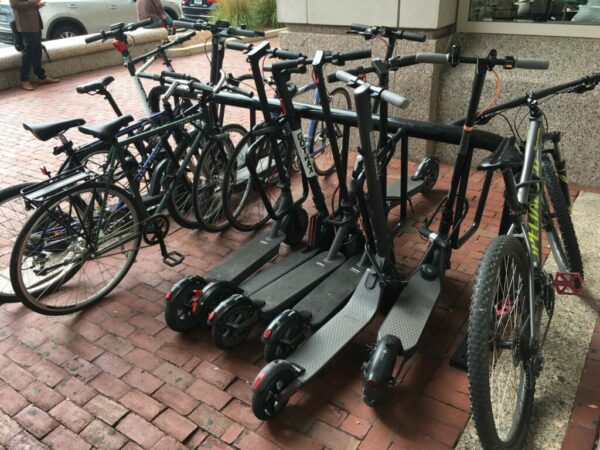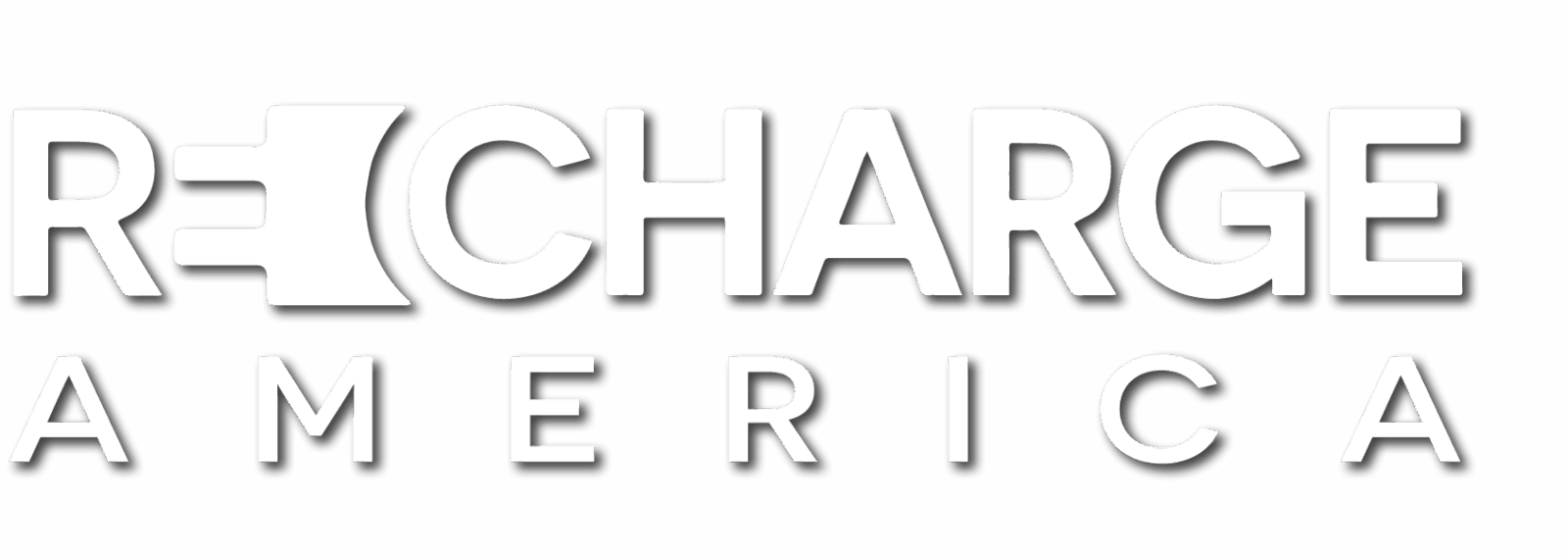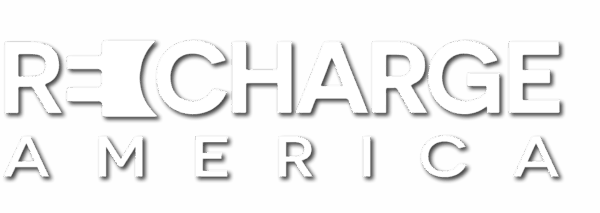Boston University, a private research institution located in the heart of Boston, Massachusetts, took notable steps in 2023 to further its commitment to clean transportation and electrification within its community. Home to over 37,000 students from more than 140 countries and supported by over 10,000 faculty and staff, our 2023 participant has made significant investments in electric vehicle (EV) infrastructure and adoption.
In a significant move towards enhancing its EV capabilities, Boston University installed between five and eight additional EV charging stations in 2023. This expansion is not just about increasing numbers; it’s about making EV charging more accessible to the university community and its guests, reflecting a clear commitment to supporting sustainable transportation options.
Furthermore, the university added between five and ten EVs to its vehicle fleet last year. This addition underscores Boston University’s approach to integrating cleaner, electric models as a priority in their transportation strategy, ensuring a gradual but consistent shift towards electrification.
A notable highlight from 2023 was the university’s development of a clear policy on the storage and charging of micromobility devices such as e-bikes and e-scooters. This policy has been seamlessly integrated into the university’s device registration and secure bike room access systems, showcasing Boston University’s forward-thinking approach to accommodating a wide range of electric mobility solutions for its students and staff.
Looking ahead to 2024, the university will give priority to electric models when departments request replacement or new vehicles, demonstrating a commitment to expanding its fleet of EVs. With the acquisition of five more EVs in 2023, the university’s fleet now boasts a total of nine EVs.
EV charging stations play a crucial role in maintaining this growing fleet and serving the broader BU community. To this end, several university departments have collaboratively designed a charging infrastructure plan that anticipates and grows with demand. This collaborative effort is essential for ensuring that BU’s charging network is appropriately sized for both fleet and commuter vehicles, highlighting the university’s commitment to creating a sustainable, electrified transportation ecosystem on campus.
Through these initiatives, Boston University is championing the adoption of EVs and clean transportation solutions and setting a standard for universities nationwide in supporting a more sustainable and electrified future.
Learn more about the purpose and scope of their micromobility by visiting their Micromobility Devices site.


